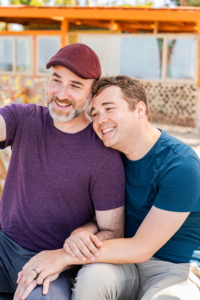Passover celebrates the story of the Israelites’ liberation from slavery in Egypt. Universal themes include welcoming the stranger, letting all who are hungry eat, committing to eliminate modern forms of slavery, and committing to eliminate modern forms of slavery. These themes begin at the Seder, inspiring us to act during Passover and beyond.
This week we’ll be sharing our work involving these themes and providing some resources for you to make this the most impactful Passover yet
Expand Your Traditions
Jewish communities around the world celebrate Passover with different traditions. Here, it’s common to see Ashkenazi or European customs and think these are the standard. Instead of following Passover through an “Ashke-normative” lens, learn from these diverse Passover rituals and flavors.
- African American Seder Plate via Afroculinaria
- Tablet Magazine’s Five Seder Traditions from Around the Globe
- Sephardic Passover
- Moroccan Passover
- Syrian Seder Menu
- HIAS Haggadah
How do we put this theme into practice?
The Hive at Leichtag Commons creates diverse access points for Jewish traditions, such as their Gospel Brunch and their recent Purim event. Outside of The Hive, the Foundation supports organizations in Jerusalem that provide multi-cultural experiences for Jerusalemites. In 2017, we gave a grant to the Jerusalem Village to support their Mimuma event, which aimed to connecting the Jerusalem Model community: Israelis and Olim, religious and secular, Moroccan and non-Moroccan Jews, and highlighting the value of hospitality.
Click each image below to experience a new tradition!
BONUS: If you’re looking to experience a different tradition with us, The Hive at Leichtag Commons is hosting Mimuna on April 28th, 4-6PM. Mimuna is a Moroccan tradition that brings Muslims and Jews together to celebrate the end of the Passover. This multi-faith celebration will have everyone connecting over food, music and learning!
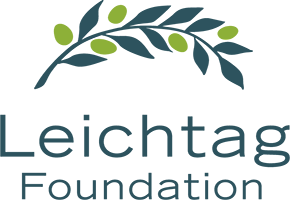
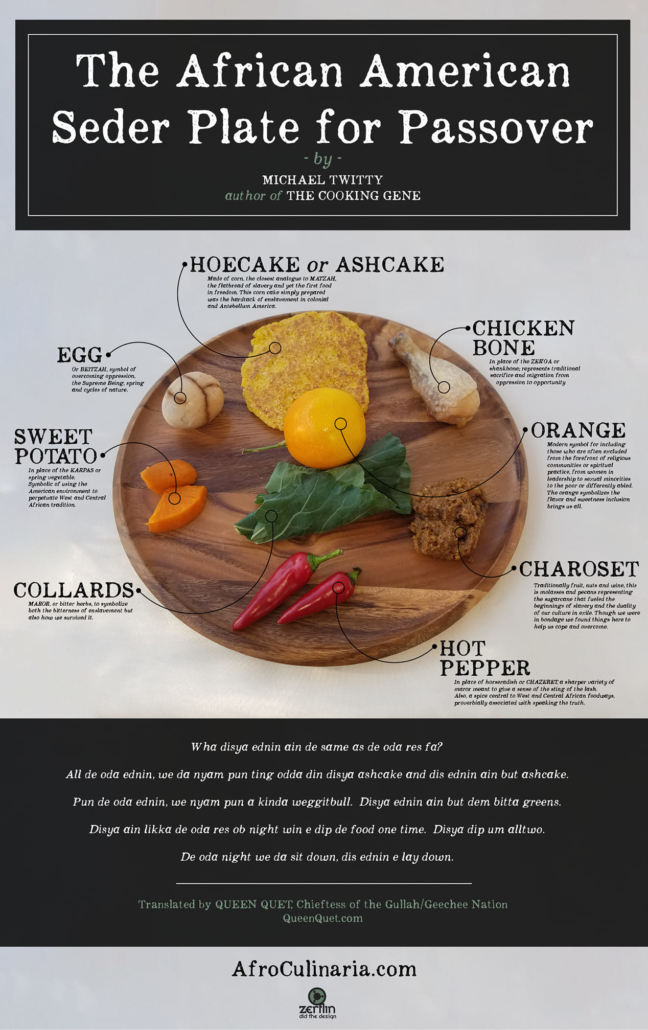
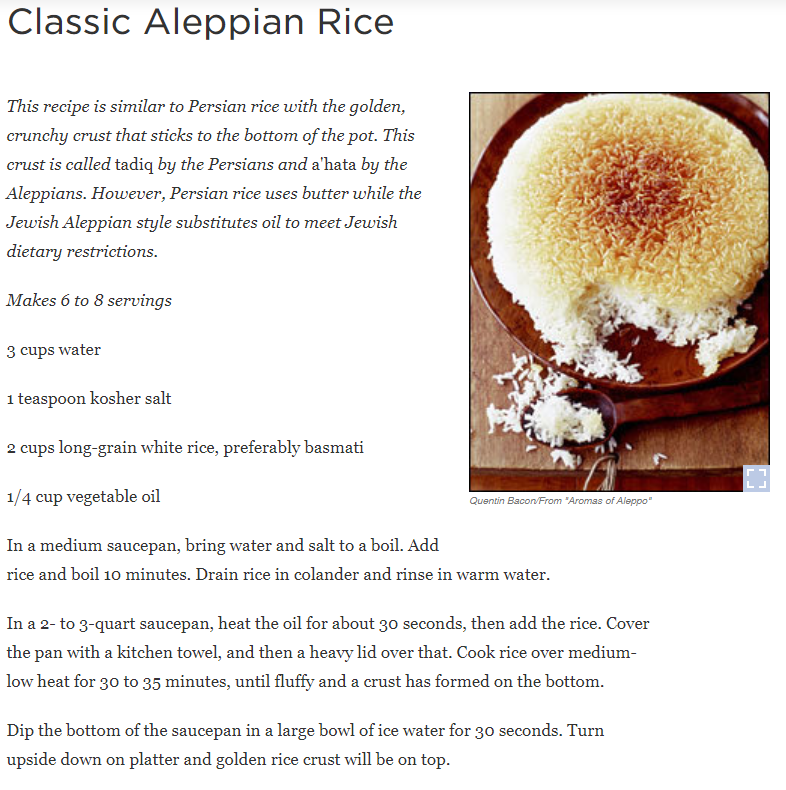



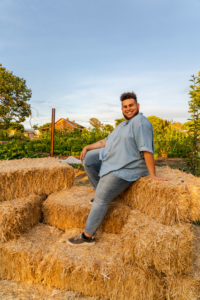 Black, Jewish and Queer. These three identities weave the fabric of who I am, but it took a long time to believe that they could exist together.
Black, Jewish and Queer. These three identities weave the fabric of who I am, but it took a long time to believe that they could exist together.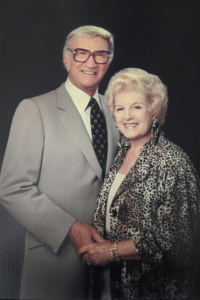 Lee and Toni Leichtag established the Leichtag Foundation in 1991 following the sale of their business. Lee and Toni were lifelong entrepreneurs with a passion for innovation and for supporting talent. They believed that only with big risk comes big reward. Both born to families in poverty, Toni to a single mother, they strongly believed in helping those most in need and most vulnerable in our community. While they supported many causes, their strongest support was for young children and the elderly, two demographics who particularly lack voice in our society.
Lee and Toni Leichtag established the Leichtag Foundation in 1991 following the sale of their business. Lee and Toni were lifelong entrepreneurs with a passion for innovation and for supporting talent. They believed that only with big risk comes big reward. Both born to families in poverty, Toni to a single mother, they strongly believed in helping those most in need and most vulnerable in our community. While they supported many causes, their strongest support was for young children and the elderly, two demographics who particularly lack voice in our society.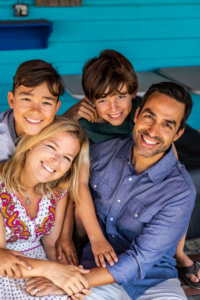 Lifelong Baltimoreans, Rabbi George and Alison Wielechowski and their sons, 11-year-old Lennon and 9-year-old Gideon, are more than pursuing the good life in Southern California. Having moved to San Diego more than three years ago, they are fulfilling a lifelong dream.
Lifelong Baltimoreans, Rabbi George and Alison Wielechowski and their sons, 11-year-old Lennon and 9-year-old Gideon, are more than pursuing the good life in Southern California. Having moved to San Diego more than three years ago, they are fulfilling a lifelong dream.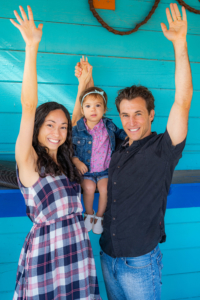
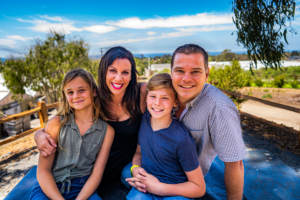
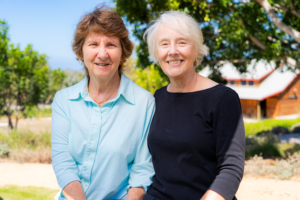
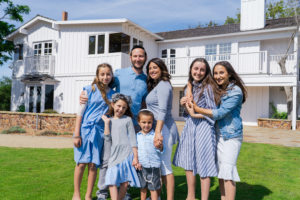
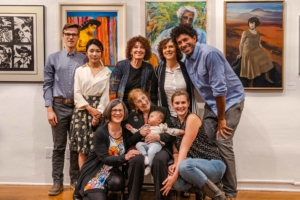
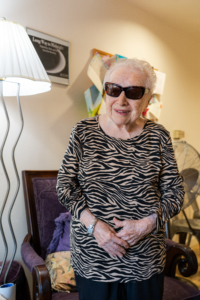
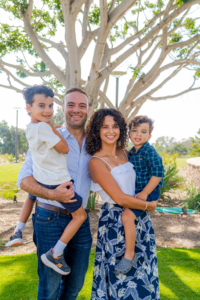
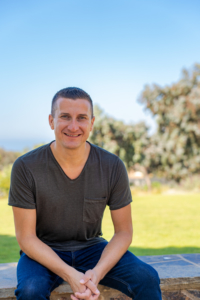 You would think that as the executive director of San Diego LGBT Pride, Fernando Zweifach López Jr., who uses the pronoun they, has done all the coming out they possibly can. A queer, non-binary individual who has worked for many years on civil rights issues, López also speaks openly and often about their father’s family, Mexican-American migrant workers who tilled the fields of rural California.
You would think that as the executive director of San Diego LGBT Pride, Fernando Zweifach López Jr., who uses the pronoun they, has done all the coming out they possibly can. A queer, non-binary individual who has worked for many years on civil rights issues, López also speaks openly and often about their father’s family, Mexican-American migrant workers who tilled the fields of rural California.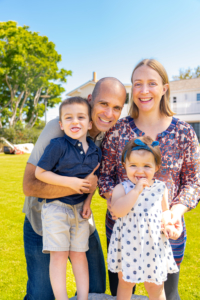 Stacie and Jeff Cook understand commitment. They live it.
Stacie and Jeff Cook understand commitment. They live it.